The Invisible Workforce: How AI Startup Scribe is Revolutionizing the Way We Work
Jennifer Smith, a former McKinsey management consultant, remembers the frustration of trying to capture and document employee workflows. She would literally look over people's shoulders with a stopwatch and write down what she saw them do. But that granular understanding of how employees spend their time and get their work done is crucial for onboarding and offboarding workers, or explaining complex internal processes. Most of that work is invisible, she explained. It lives in people's heads and is institutional know-how that walks out the door every day at 5 p.m. and you have to hope that it comes back.
In 2019, Smith cofounded Scribe, a workflow AI platform that aims to change that. With a valuation of $1.3 billion, Scribe is one of the largest startups in the industry, and its mission is to help companies document how work gets done and automatically generate step-by-step guides for employees. The platform uses artificial intelligence to observe and learn from employees' workflows, creating a digital twin of their work processes.
Scribe's technology is based on a concept called "process mining," which involves analyzing data from various sources, such as software logs, emails, and chat messages, to understand how work flows through an organization. By doing so, Scribe can identify inefficiencies, bottlenecks, and areas for improvement, providing insights that can help companies optimize their operations.
One of Scribe's early customers was a large financial services firm, which was struggling to onboard new employees. The company's existing onboarding process was manual and time-consuming, involving multiple stakeholders and lengthy training sessions. Scribe's platform helped the firm automate the onboarding process, reducing the time it took to get new employees up to speed by 75%.
"We were amazed by the level of detail that Scribe was able to capture," said the firm's head of HR. "Their platform allowed us to create a digital twin of our onboarding process, which we could use to train new employees and improve our existing processes."
Scribe's platform is not just limited to onboarding. It can also be used to document and improve existing workflows, reducing errors and increasing productivity. For example, a manufacturing company used Scribe to document its production process, which involved multiple steps and stakeholders. The platform helped the company identify areas where employees were spending too much time on manual tasks, and automate those tasks using robotics and machine learning.
"Scribe's platform has been a game-changer for us," said the manufacturing company's CEO. "We're able to document and improve our workflows in real-time, which has helped us increase productivity and reduce costs."
As Scribe continues to grow and expand its customer base, its impact on the industry is likely to be significant. By providing a platform for companies to document and improve their workflows, Scribe is helping to create a more efficient and productive workforce.
"Scribe's mission is to make work more visible and accessible," said Smith. "We believe that by documenting and improving workflows, we can help companies reduce waste, increase productivity, and create a more sustainable future."
As the world of work continues to evolve, Scribe's platform is poised to play a major role in shaping the future of work. With its cutting-edge technology and commitment to innovation, Scribe is helping to create a more efficient, productive, and sustainable workforce.
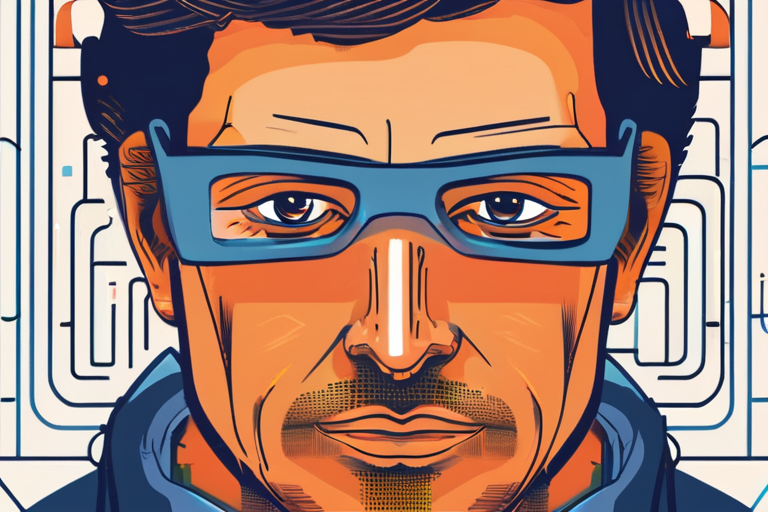


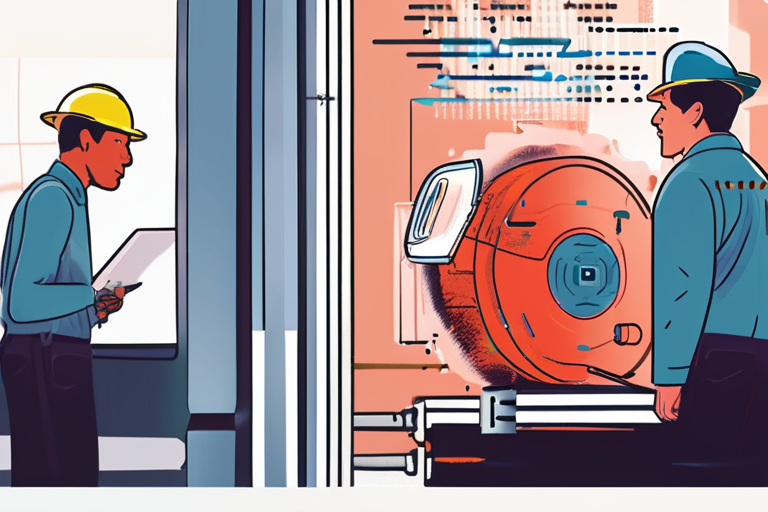
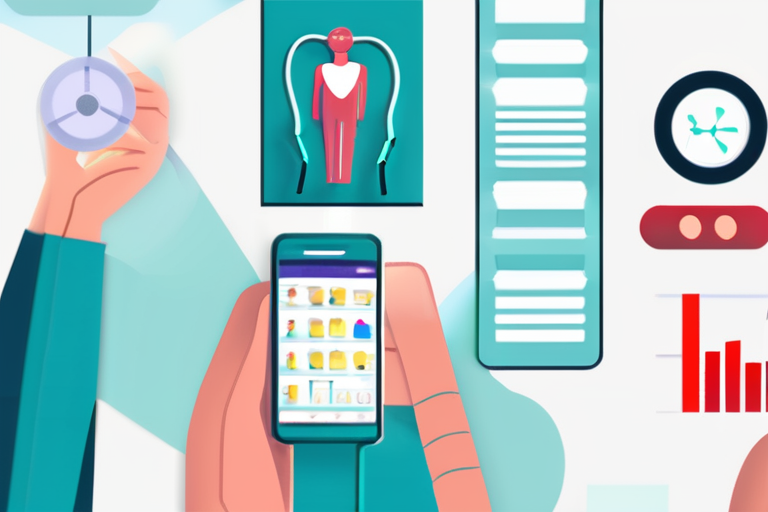


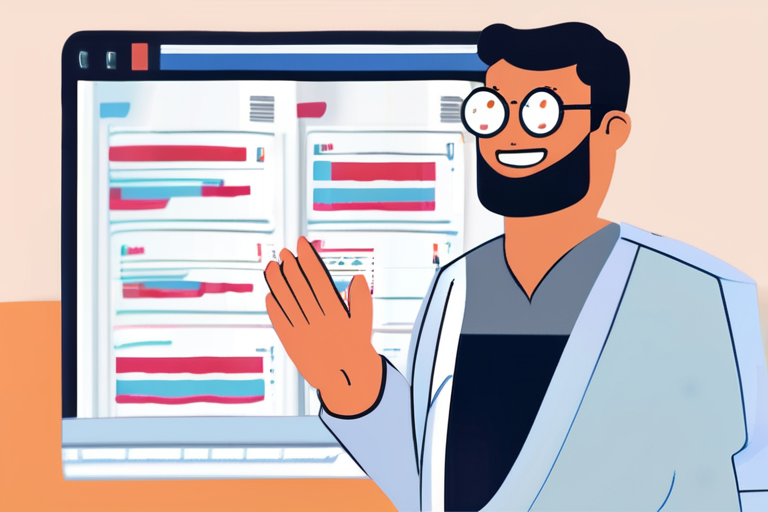

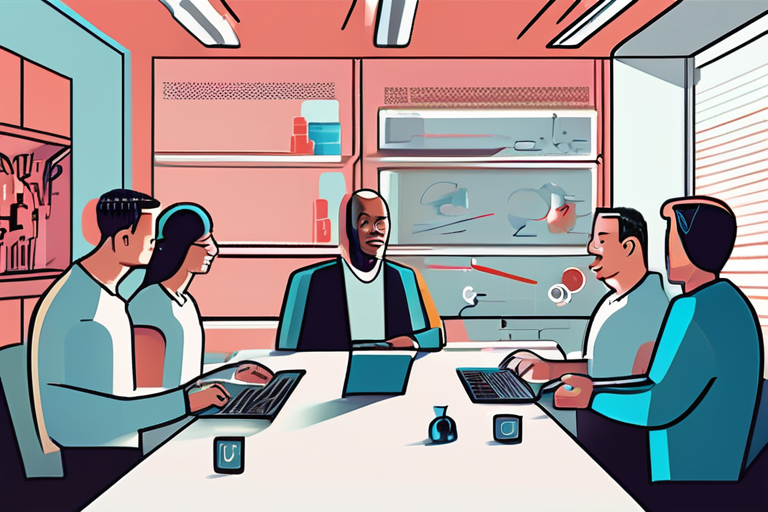
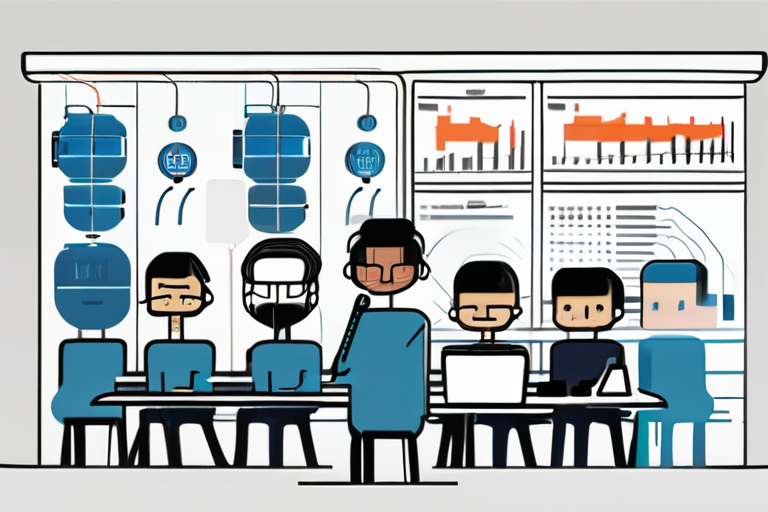





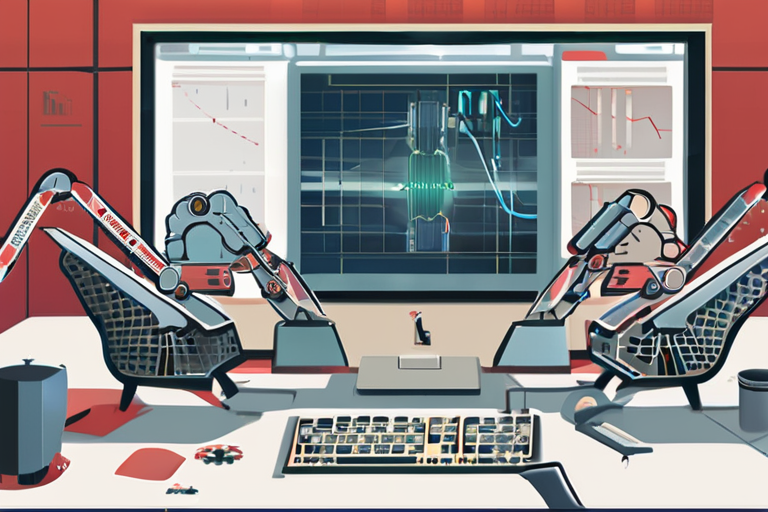

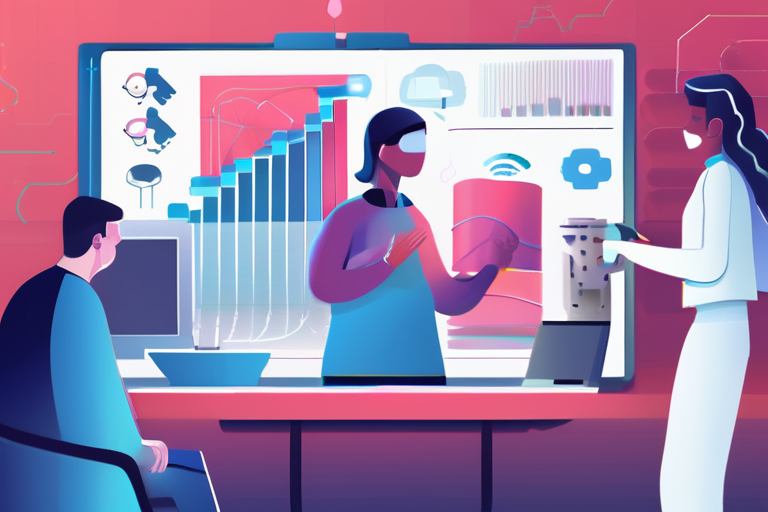

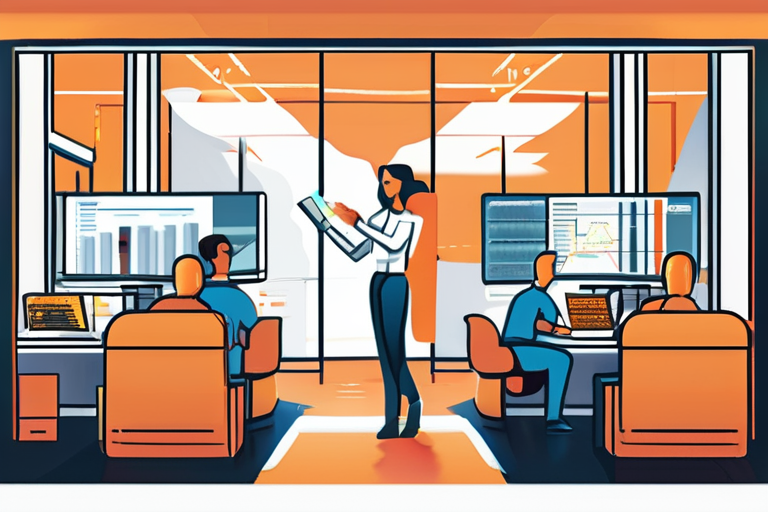

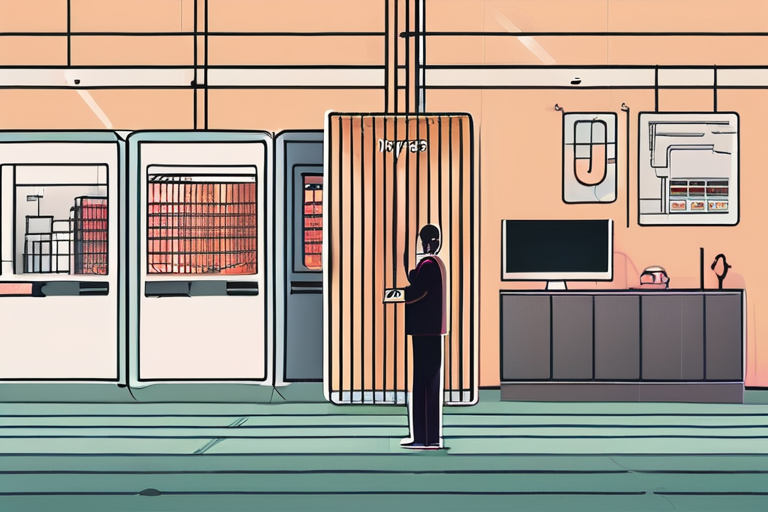


Share & Engage Share
Share this article